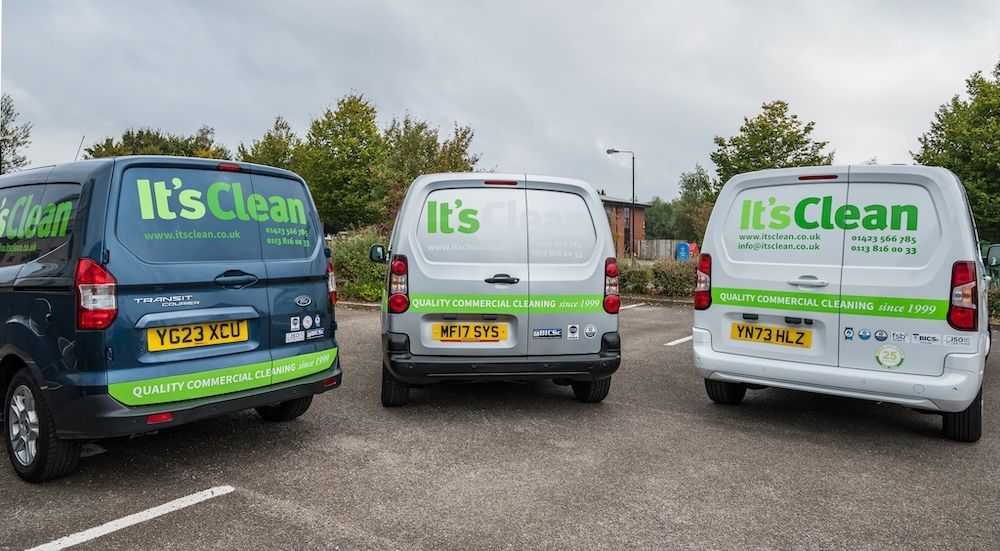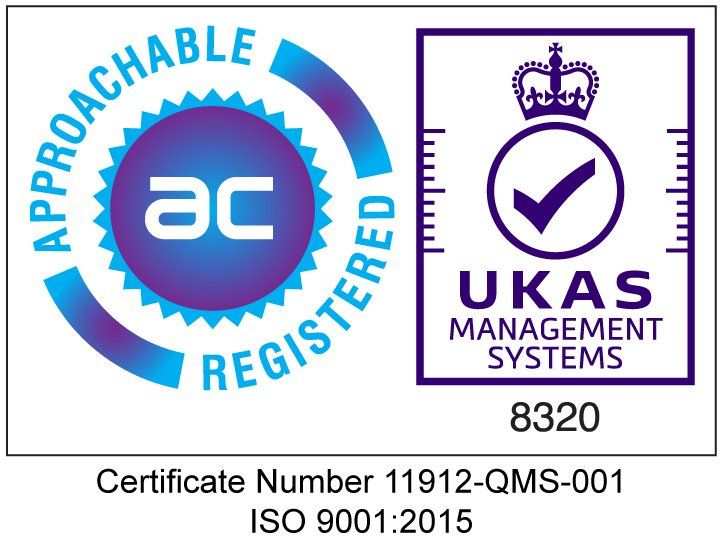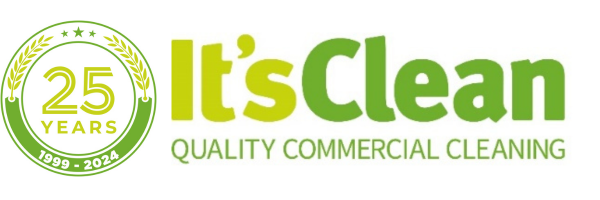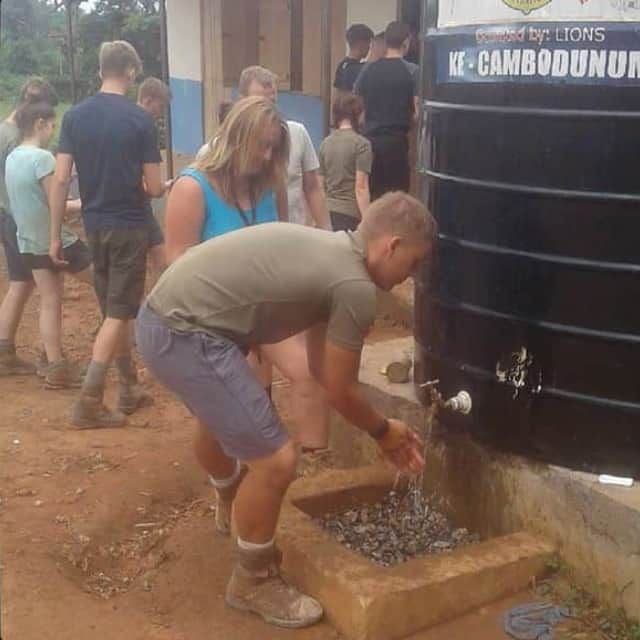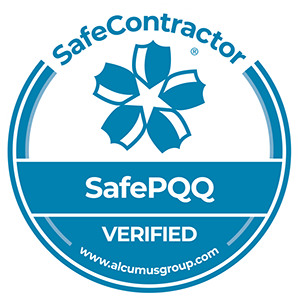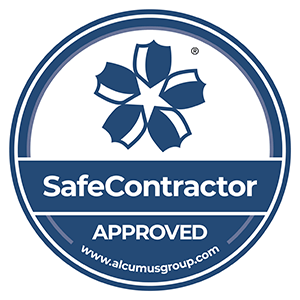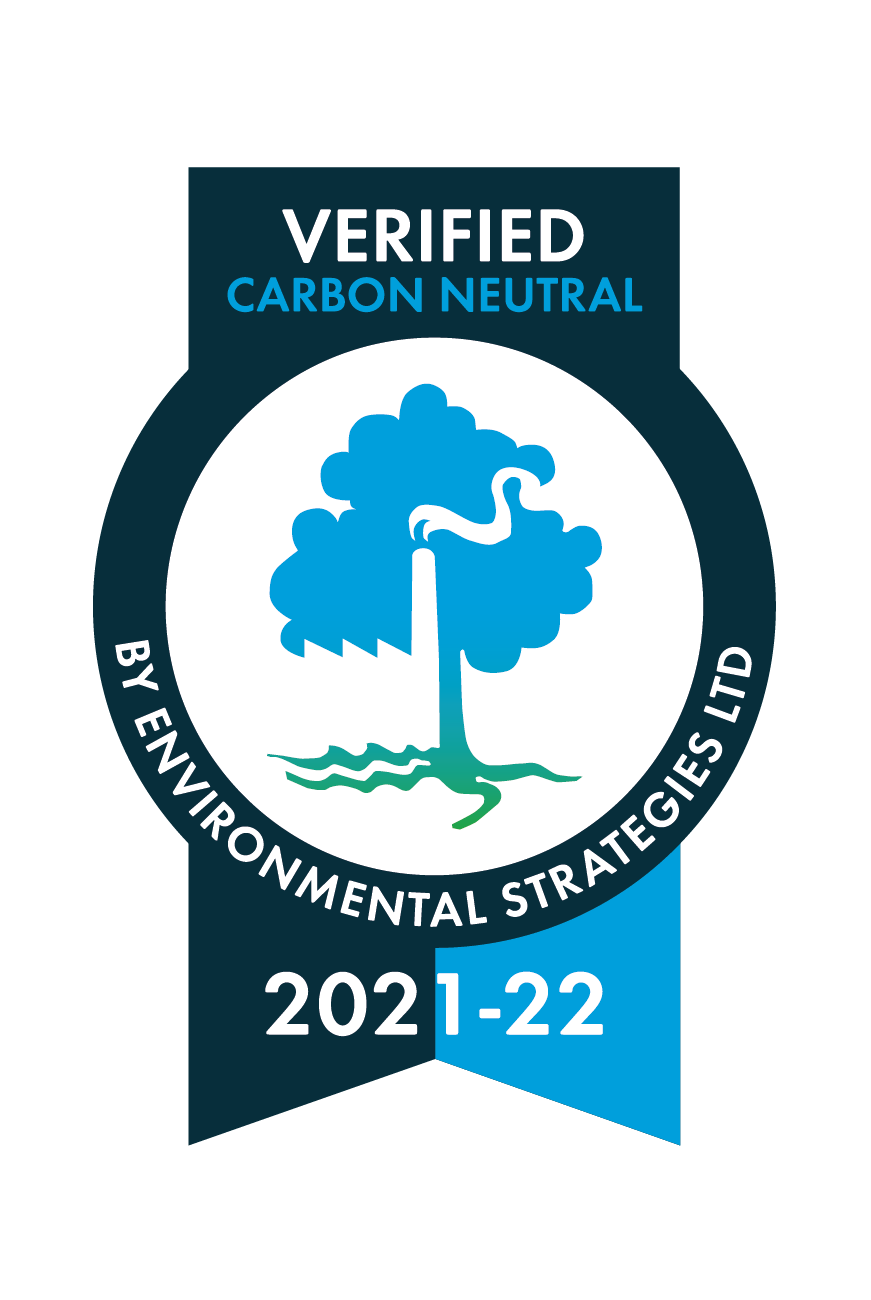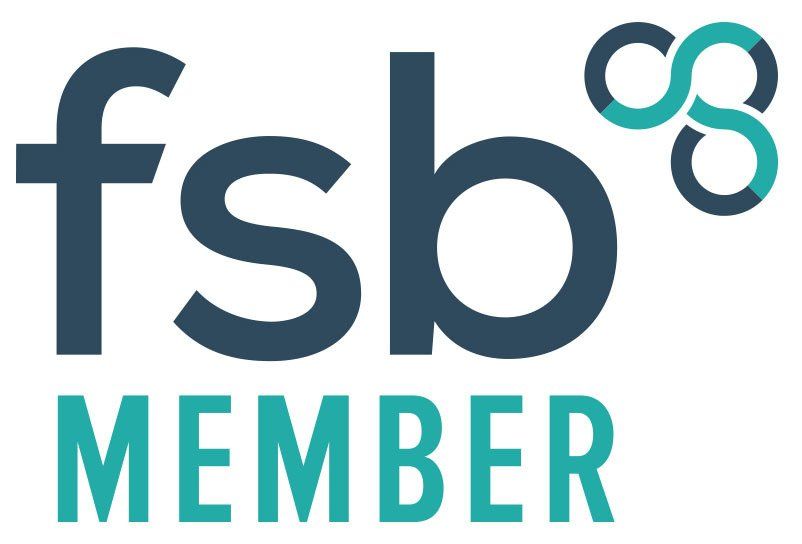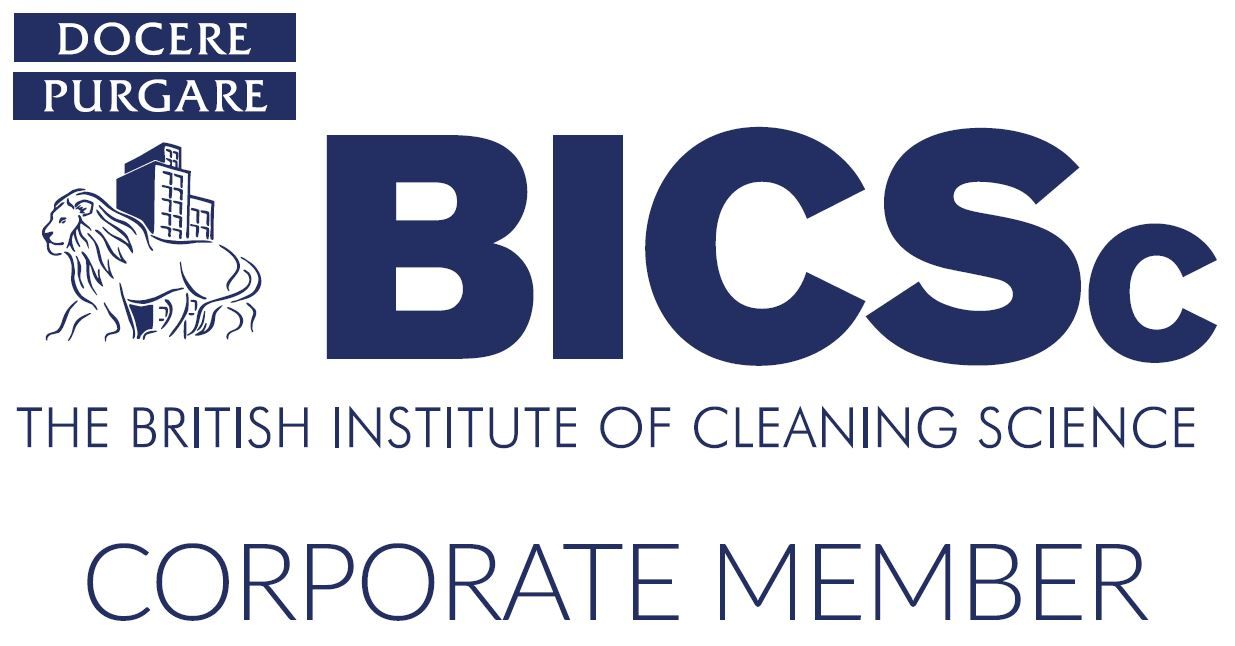3 Important Considerations for Cleaning Communal Areas
We advise on the importance of touch point cleaning in communal areas.
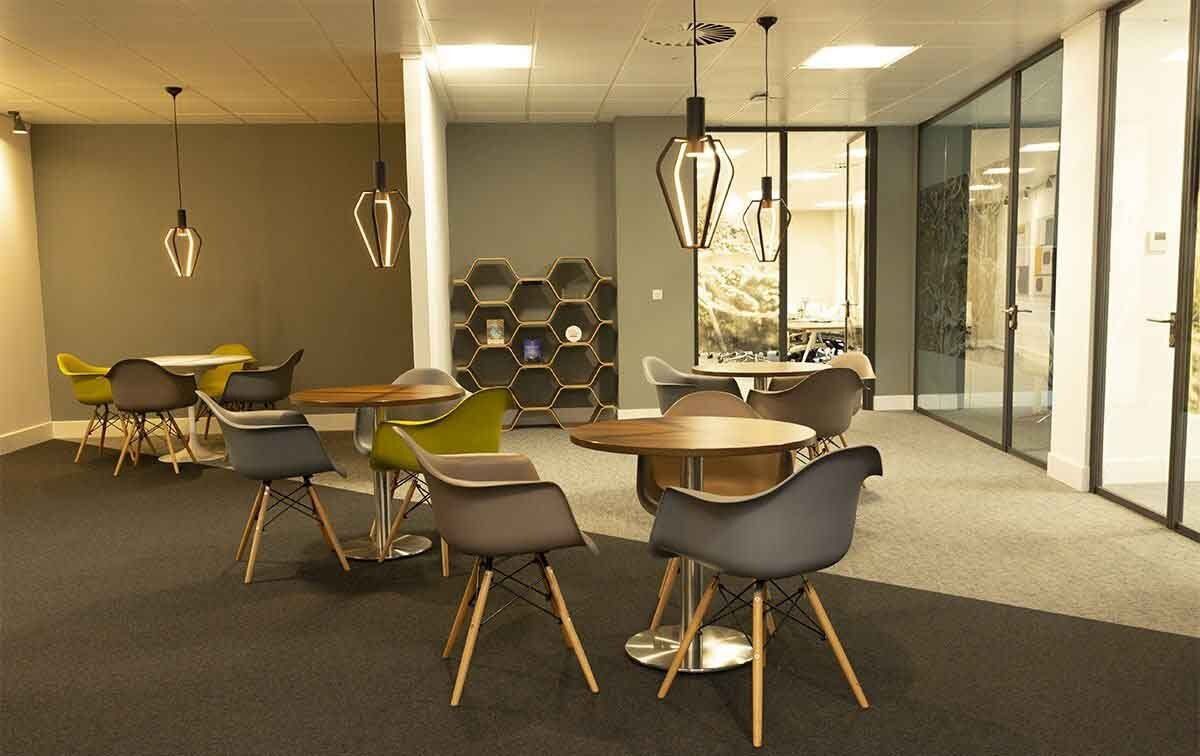
It is important to keep any accessible part of your working premises clean and tidy, particularly at the moment when we are at risk of spreading and picking up the
COVID-19 virus. But where communal areas are concerned, this poses different challenges and merits slightly different attention to an individual office of workstation.
Communal areas in a workplace could be the reception area, staircases between floors, toilet and welfare facilities or kitchens and canteens. They will of course differ according to each workplace, but common factors you need to consider are:
- They will be subjected to more pedestrian traffic than most individual areas
- There will be a lot of different people coming and going through these areas, so there is a heightened risk of germs and communal areas could become a breeding ground for bacteria
- Communal areas are often overlooked in terms of assigning responsibilities
So what three important considerations do you need to bear in mind when addressing communal areas?
Have a system
You need to create a system for ensuring cleanliness and hygiene standards are met. This will usually involve employing the services of a professional cleaning company. Having access to dedicated experts in cleanliness and hygiene ensures that the correct materials and methods are applied on a pre-agreed schedule.
However, having a ‘system’ in place also means that you have a mechanism by which employees can report issues if they see them, there are rules in place and guidelines for what is or isn’t acceptable in different communal areas and you have a system to ensure materials and equipment such as bins, signs, cleaning materials, tools and accessories are made available at all times.
Responsibilities
It is easy to assign responsibility for someone to look after
cleanliness and hygiene standards in their own office, but in communal areas, standards can slip and become a problem, because no one has direct responsibility. This can mean that issues don’t get reported, items don’t get replaced and standards soon deteriorate.
Assigning responsibility for communal areas enables a nominated person to undertake daily monitoring above and beyond what the professional cleaning company are doing. A reporting system enables matters to be addressed and ensures standards are maintained. It also enables the cleaning company to have a point of contact to liaise with, to highlight issues day-to-day and to work with in striving to achieve continual improvement.
Touch-point cleaning
As mentioned above, communal areas can be a breeding ground for viruses simply because so many different people pass through them on a daily basis. General cleaning will be undertaken day-to-day and this will differ according to the nature of a room, ie. a reception area won’t need the kind of attention that a shower block or a toilet block would. However, you should also consider a regular
‘touch point cleaning’ schedule, which will include those areas and items that many different people touch everyday and where bacteria can accumulate, but which are not always the most visible areas and are not necessarily included in a daily cleaning schedule.
These areas might include hand rails on bannisters, light switches, door handles, cupboard handles, maybe a clocking-in system in reception. Visibly, these areas may look clean, but the amount of different people touching them merits special attention, and a specific touch point cleaning regime is key to implementing a robust programme of cleaning for communal areas.
